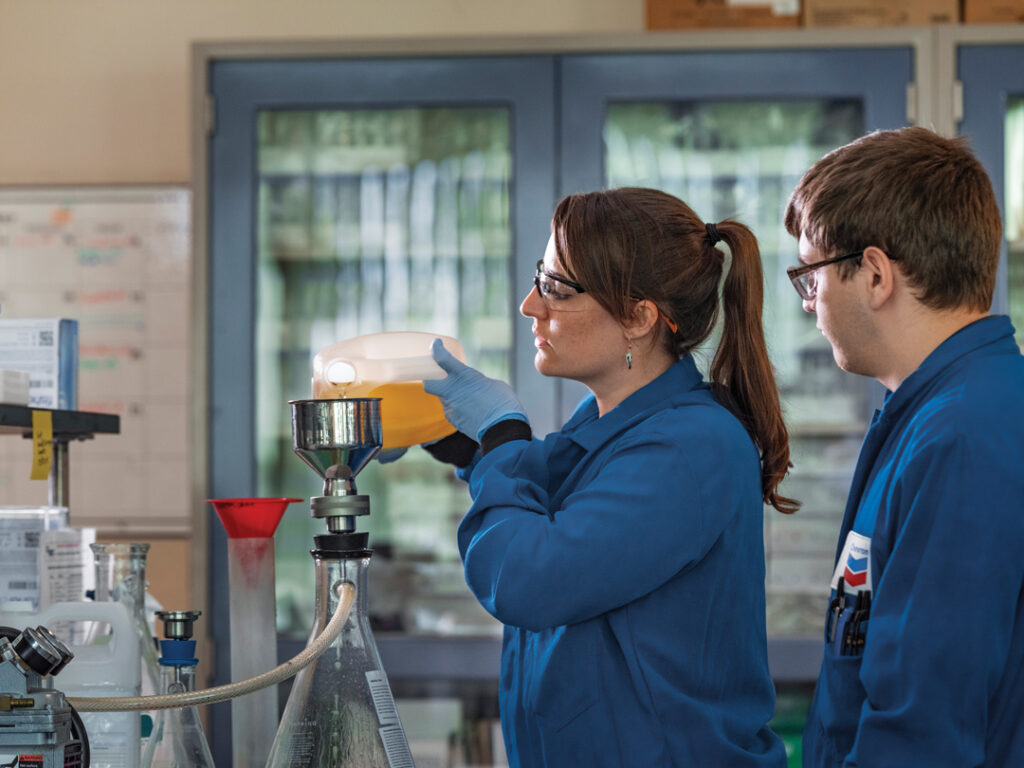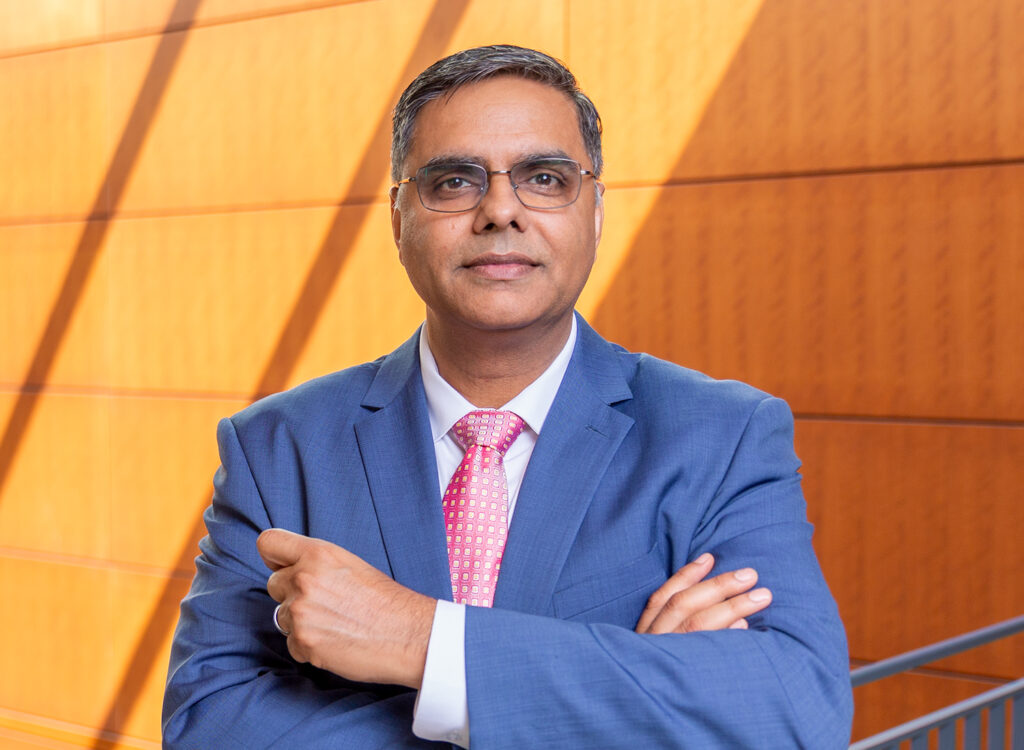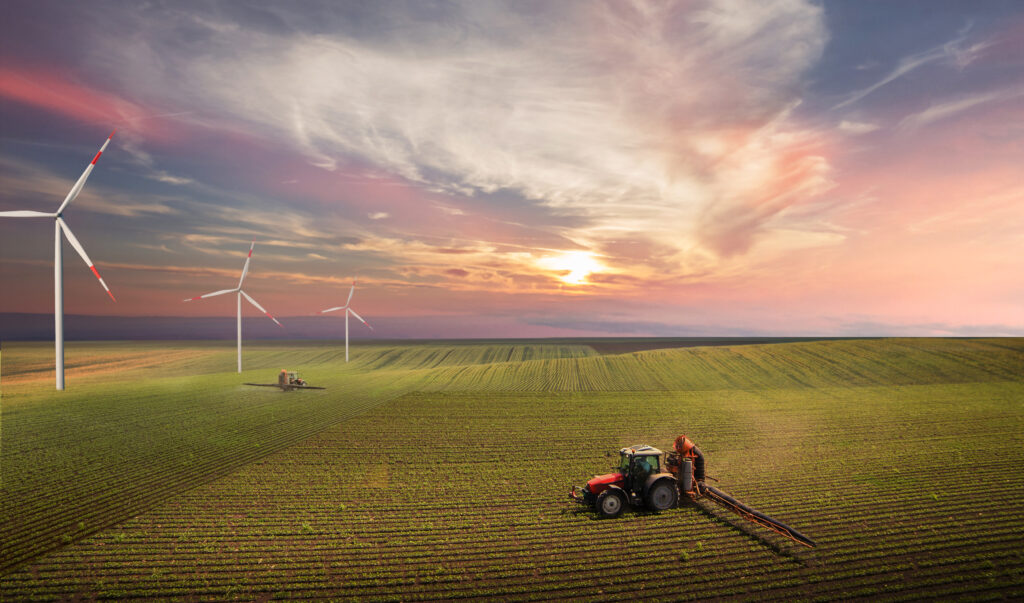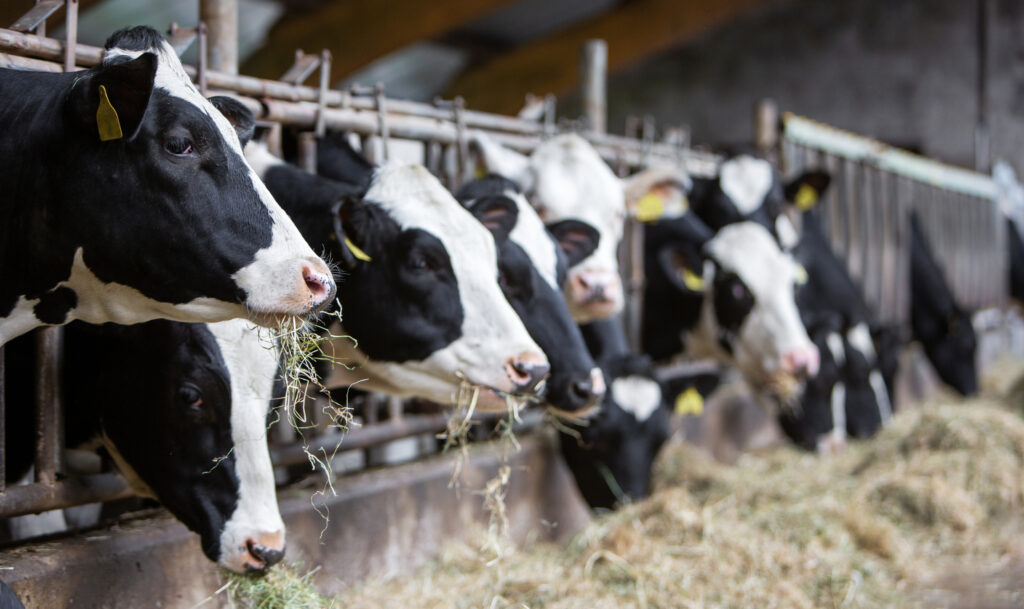A Closer Look: Catherine Kling
Director, Iowa State University Center for Agricultural and Rural Development

PERRY BEEMAN Oct 30, 2015 | 11:00 am
5 min read time
1,211 wordsAg and Environment, Business Record InsiderCatherine Kling grew up picnicking and fishing with her family, gaining an appreciation for the environment that came in handy later. At some point, the Bettendorf native became interested in economics. Then she combined the two areas — environment and economics — and launched a career that has included asking Iowans, in scientific detail, how they value the great outdoors, clean water and state parks.
Kling has had so much fun, she doesn’t plan to change her focus in her final decade as a full-time economist, even as she remains in the glow of a major national recognition. She might spend a few moments playing classical music on the piano, but Kling plans to stay busy looking for the most economical ways to fix one of Iowa’s biggest problems: water quality that has suffered as the state’s hallmark agricultural industry has grown, losing chemicals down the same streams that carry municipal sewage and golf course pesticides.
In April, you were named to the National Academy of Sciences. Just 10 other ISU professors have earned this distinction in the history of the university, and two of them — Frank Spedding and Henry Gilman — have buildings named for them on campus. How did you react to the honor?
It’s a bit scary. I asked, are you sure? It’s more than a yearlong process. I was really quite amazed. I was at home on a Monday morning, and I got a call (from prominent Arizona State University statistician and geographer Luc Anselin, another NAS member). He said you have have been elected to NAS. I didn’t say much of anything. Of course, the dog started barking. I needed to sit down. Oh my gosh, I couldn’t think. He was calling from Constitution Avenue in D.C., so there was all this traffic noise. They had people there who congratulated me. I was weak in the knees. I was trying to sound intelligent. I called my husband and then the department chair. ISU got the news quite quickly. I got calls from the (ISU) president and the dean. It was nice and a bit overwhelmingly. President Leath said he was very proud and that I was homegrown on the faculty for 22 years, and that made it particularly special.
What will you do for NAS?
It is primarily a recognition, but the motto of the NAS is “advisers to the nation.” NAS has an arm, the National Research Council, that does a lot of scientific reviews and reports. Congress will often ask about renewable fuel standards. I am an environmental economist, and I do lots of research on water quality, ecosystem services, carbon, agriculture and the environment, and the value of environmental amenities. I suspect I will be asked to contribute on some of those.
What are you working on now at ISU?
Water quality related to nutrient problems. With a big team of people, we published a big study on where we could most effectively target conservation projects to address the Gulf (of Mexico dead zone) problem. We looked at cover crops and conservation reserve.
How much will it cost to make a big impact on the so-called dead zone in the Gulf of Mexico, where fertilizer-fed algae blooms lead to low oxygen in summertime?
A half-billion to $1 billion a year.
What else are you studying?
I also look at the value of recreation. We looked at Gray’s Lake and Ada Hayden Heritage Park in Ames to measure the usage. Not surprisingly, they both get huge usage. In 2009, we looked at rivers.
I look at where people spend their recreation money and how they value access to high-quality lakes and streams. Economists think of that like any other kind of good. How much would we be willing to pay for those coffee mugs, or shoes, or recreational visits?
Can you give some examples?
The idea is, conceptually, if I live in Ames and I enjoy Okoboji, I can drive there and have clean water, but it takes a lot of time. Or I can go to Hickory Grove Lake (near Colo, east of Ames), and it’s nice but not as clean. How often do I go there versus Okoboji?
That kind of data is what we use to infer how much people are willing to trade with money to get nice water quality. We use AAA data on car and fuel expenses, because people are notoriously bad at guessing how much they actually spend.
What other areas would you like to research?
I am really pretty committed to water quality issues, whether on the value question or on the agriculture policy side on whether to make changes. I want to spend the last decade or so of my productive work in that area.
Has there been a change in perceptions on water quality issues?
There has been a lot of change. The understanding of the source of the problem has very much changed. I learned about the hypoxic (low oxygen) zone in the Gulf of Mexico 20 years ago, but very few people knew what it was. They had no notion that it could be linked to land use in our part of the world. Now, almost everyone knows what it is. The ag community understands this is a problem. At least the leaders understand it’s related to ag.
Do you have any solutions?
No. This is kind of a standard environmental economics problem. Farmers are doing their job, and they are making profits. An unintended offshoot of that is that nutrients leave their land and end up in the water. They aren’t doing it intentionally. In economics we can list strategies such as regulation, pricing like cap and trade or a tax or subsidies, like paying them not to pollute or paying for federal conservation programs. The struggle we have here is the magnitude. It’s a fundamental problem of trade-offs, and there is the question of, is it worth it?
Is that a reasonable question?
It is up to society to decide that. If we are going to address the problem, we will have to do one of those things. We need to decide if farmers should bear the cost, or taxpayers, or if the cost should be shared. Then there are legal threats, which we are seeing, the liability approach.
What excites you about this work?
It’s great to be at a university, the people you get to talk to. I love my job. I get to work with people who are really bright and so very engaged.
How did you get interested in environmental issues?
I grew up Iowa and Michigan, and my dad was an avid outdoor guy. My mother was a good fly fisherperson back in the ‘50s. They would throw kids in the back of the station wagon and drop a bobber on a line and grill hamburgers. Later, I took economics courses and thought they were fascinating. There is an entire field of environmental economics.
What do you do in your spare time?
I mess around on the piano a little bit. I grow flowers and one sick tomato plant.
I am not a very good piano player, but my mother was a very fine pianist accompanying chamber groups. I like Handel, Scarlatti and Bach.










